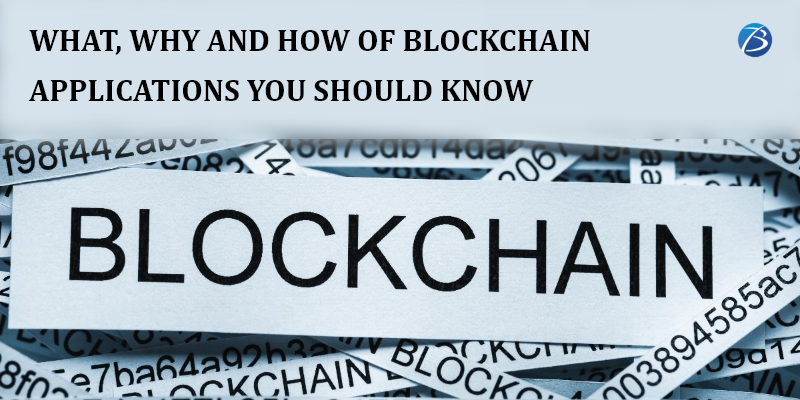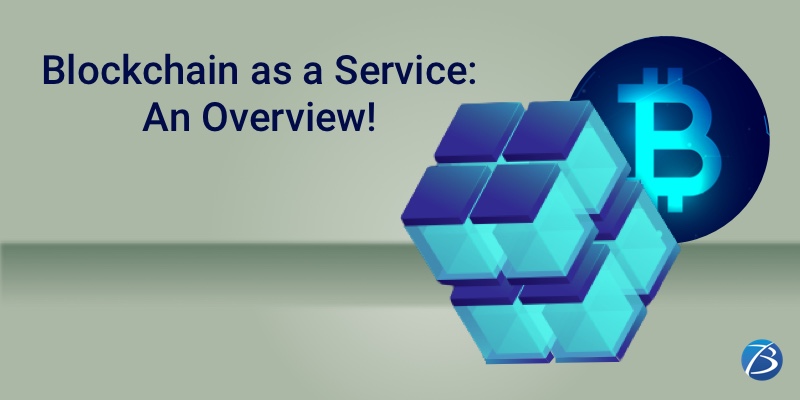What, Why And How Of Blockchain Applications You Should Know


Technology has been rapidly progressing in recent years, with new revolutions coming to the fore. One such technology is blockchain technology. Blockchain is a term you might have likely seen thrown around in recent years. This has been chiefly due to the popularity of cryptocurrency and, now very recently, NFTs. Supporters of these applications have been very vocal about the benefits of blockchain technology. Some of the benefits you have likely heard are the presence of a decentralized structure, improved security and reduced costs.
Many people are well aware of all this and still cannot understand what blockchain exactly is. Don’t worry; you are certainly not alone when trying to understand this new technology. Therefore, we will be discussing blockchain applications besides the more common ones you already know about, like crypto. The purpose of this is so you can get a better idea of how this technology works. We will discuss everything there is to know about each of the applications that you should know about. Without further delay, let’s get into it.
International Money Transfer
Money transfer on an international level is standard and is typically done through banks. Banks usually take a certain fee, with government interference, when it comes to money transfer which means increased costs for all the parties involved. With blockchain technology, the middle man is removed with increasingly secure transfer activity. The most popular and easy-to-set-up crypto wallet. This can allow companies and banks to save significant amounts of money due to cheaper processes that they can automate.
Traditional money transfers required many transactions to be settled manually, making the process less efficient. An example of how this benefits businesses is a managed IT services San Diego company sending money to a branch in the UK. They may not have to incur as many fees during frequent transactions that will likely occur between them. This can go a long way in saving costs in the long term while their transactions are protected.
Voting
Blockchain technology has a lot of potentials when it comes to voting. It can make the process more accessible to people while improving security. Typically, hackers cannot break blockchain technology since each block of the ‘chain’ is across multiple nodes. Even if they somehow manage to access the terminal, they still cannot affect these other nodes. The system can assign each vote to one ID, allowing government officials to tally the ballots a lot faster and efficiently. It would also eliminate the chances of there being tampering, which many presidential candidates tend to claim at times.
Non-Profit Organizations (NGOs)
Many people have a common issue when donating to charities and NGOs because they don’t know if their money is being used properly. After all, there are various incidents of charities cheating out donors and using the money for selfish purposes. Blockchain technology can help solve this problem. It allows greater transparency by showing donors that their money is being used the right way. As discussed before, blockchains typically have a decentralized structure meaning that the information is available to everyone. In this way, donors will be more likely to trust NGOs and charities, and those parties will also benefit from the increased donations sent their way.
Supply Chain Management
Blockchain proves a new and innovative way for companies to organize supply chain data, manage it, and put it to use accordingly. This is due to the feature of blockchain technology which involves a ledger that no one can change. This ledger is suitable for real-time tracking of goods that will likely be moved around a lot when transported. This gives companies several ways of transporting their goods. The system can use entries to present all events in the supply chain, like when a parcel goes from point A to B.
In conclusion
Blockchain technology is a new technology that has come to light in recent years due to the popularity of cryptocurrency and NFTs. However, these are not the only applications you should know about when it comes to blockchain technology. We have discussed various practical applications that you should know about that can change many real-life industries. We hope this article has been insightful and has given you a better understanding of blockchain technology.
Would you also like to create your own Blockchain apps to gain a competitive edge? Contact Biz4Solutions, a prominent software firm offering Blockchain app development services. Our experienced and technically sound professionals would help you to design and maintain your Blockchain environment.



